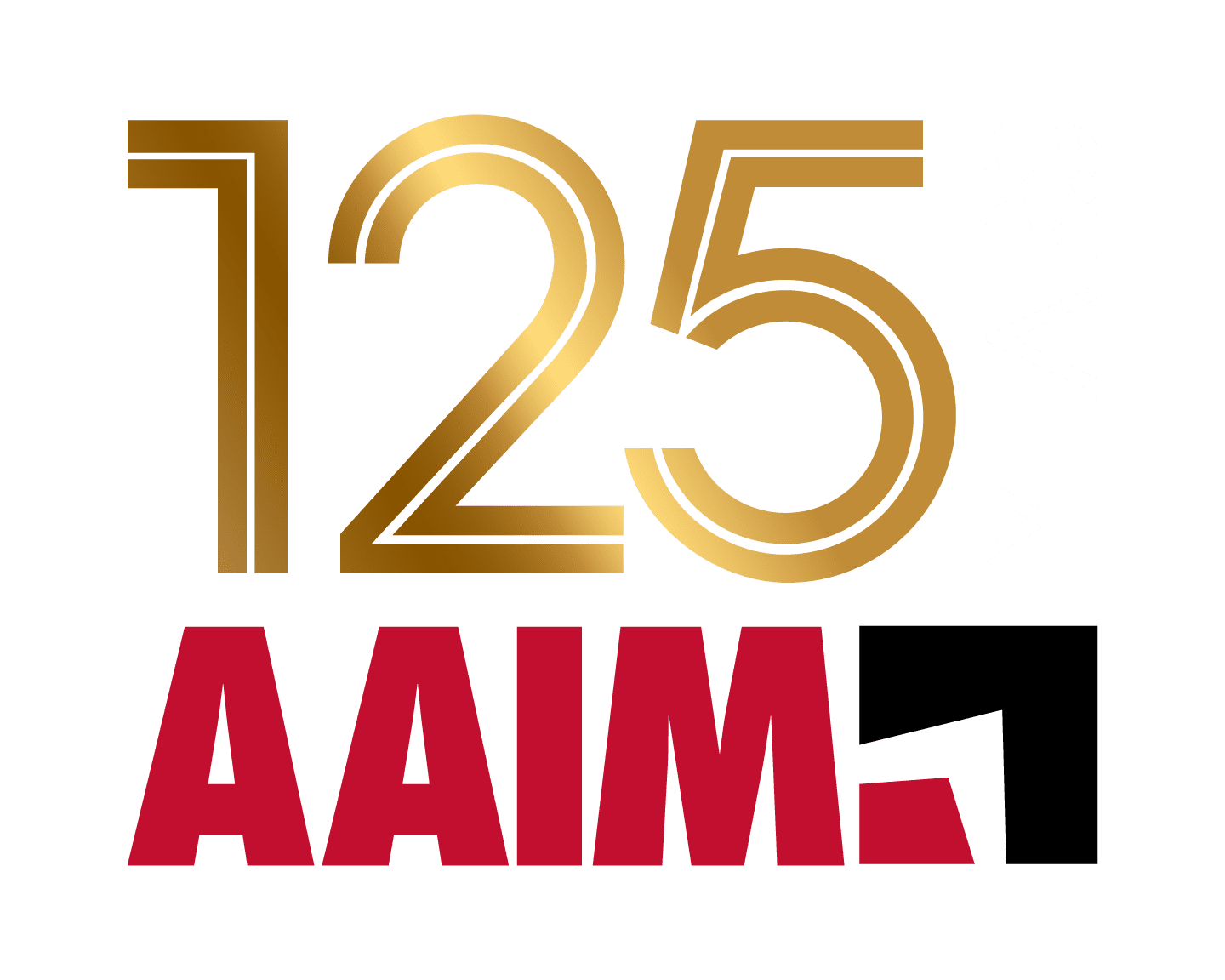The Understated Benefits of Peer-to-Peer Knowledge Sharing
The rise of technology and the shift of the generational wants and needs in the workplace have likely caused your role in the workplace to change drastically in the past decade. These shifts in people and processes will probably continue for the foreseeable future. The good news is that we’re able to educate ourselves more quickly and easily than ever before. New technology and online resources are endless for education and professional development, but there is incredible value in collaborating and learning in-person from your peers.
There are many great ways to learn from peers, including:
- Roundtables
- Networking
- Mentoring programs
Roundtables
Roundtables offer a way to connect with peers and see different viewpoints that you don’t get in an office environment, especially in a small organization. This is an opportunity for you to hear fresh ideas in a safe space by posing questions to a community of professionals work in your field and who are experiencing similar challenges. Who better to see the value in your role and relate to your challenges and needs than your peers?
Roundtables are also great ways to gather and weigh opinions. Someone is bound to disagree or have a varying perspective; the important part is to find a common interest and have a genuine discussion. Part of the experience is respecting other opinions and not feeling pressured to reach a conclusion right away. Realistically, not all parties will agree when having an open-ended discussion and some ideas may not work for some industries. However, listening to each other’s experiences and suggestions allows you to gain new information to apply to your role or company as you see fit. The goal of a roundtable is to let your mind be open and free of preconceptions, leaving judgements and egos at the door. Sharing best practices and lessons learned is a powerful learning opportunity!
Networking
Networking is another great way to get to know others in similar roles from different companies and industries. Whether you want to exchange ideas, share information, or make a connection that leads to a future career change, networking opportunities such as professional society meetings are extremely beneficial. When attending an event, set goals for yourself both personally and professionally that are beyond just swapping business cards. Depending on your goals, you may want to do some research and come with prepared questions for companies in attendance. The key is finding the right setting that works for you to network and build meaningful relationships. Remember to be your authentic self and try to attend regularly.
Mentoring Programs
Mentoring can be as formal or informal as you make it. There are various mentoring opportunities available through professional groups, societies, universities, and college alumni services. Moreover, if there’s someone that you admire and want to learn from, don’t be afraid to ask if they would be open to advise you. Another option would be a mentoring program through your company. If your organization doesn’t already have one, consider starting a program for new hires or newly promoted employees in your company. This fosters a safe environment for learning, exploring weaknesses, and encouraging employees to be comfortable with asking questions.
Whether it’s through roundtables, networking, or mentoring programs, peer-to-peer knowledge sharing is a valuable method for continued career growth and education. Set aside time to discover what you want/need to support your career and interests and then take the steps to make it happen!


